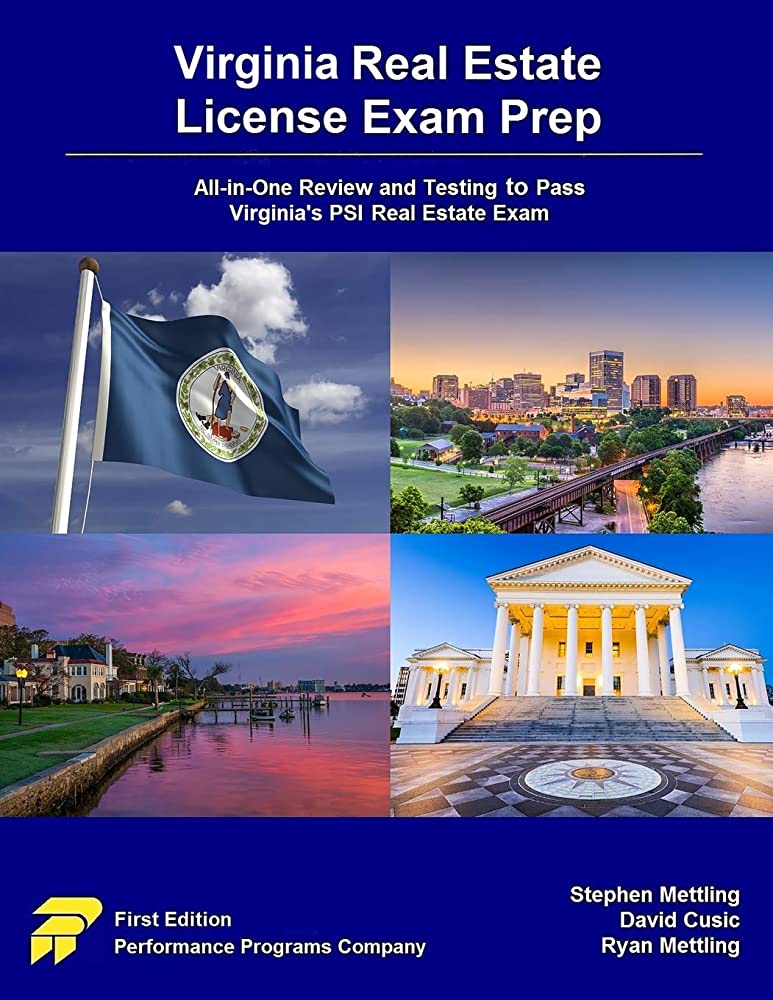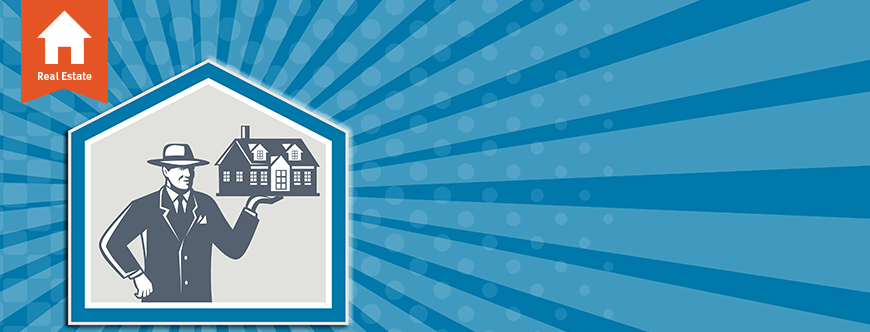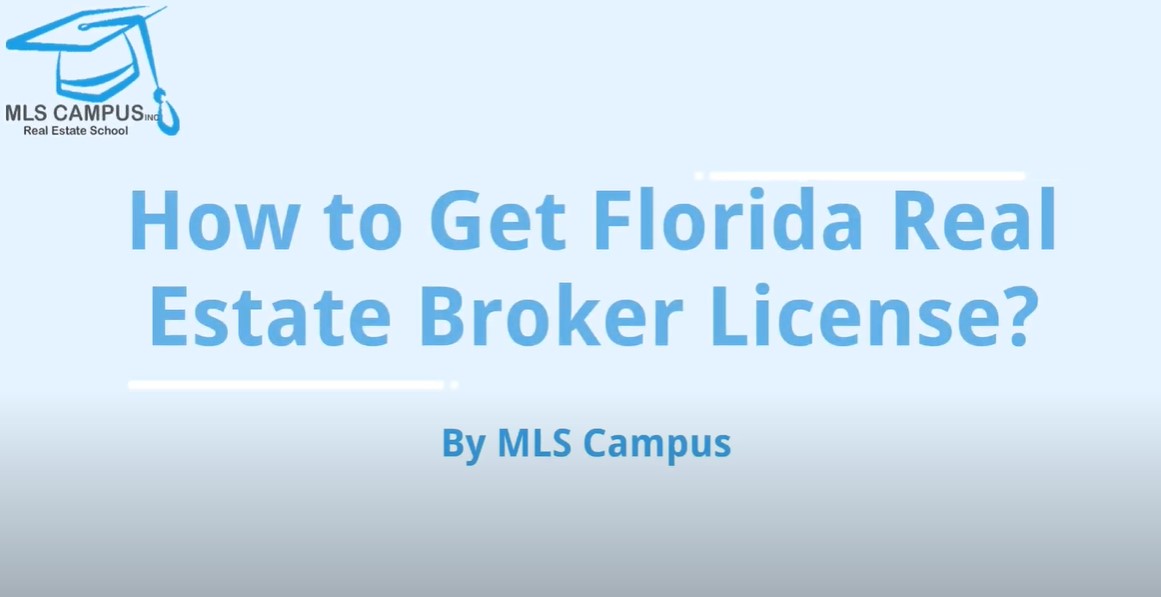
There are many factors to consider when you decide to become a licensed California real-estate agent. You must be at least 18 and have a clean criminal history. Your application will also have to include a fingerprinting process.
California isn't cheap for a real estate license. The actual license cost can be anywhere from $800 up to $1,300. There are several ways to lower this cost. One way is to get a broker's license, which will reduce the cost to just under $600.
Enrolling in a prelicensing program can help you cut down on the cost to obtain your license. This can be a college-level course or a class taken at an accredited private school. In general, a pre-licensing program will cost between $125 and $700. Some providers offer test-prep tools, such digital flashcards.

Additionally, you'll need to pass all the necessary tests. The exam contains 150 multiple-choice and can take approximately three hours. Each question will take you one minute to answer. It's possible to pass the real-estate exam on your first attempt. It is possible to pass the real estate exam on your first attempt. However, most people will need to repeat it several times before they feel comfortable with the task.
To have the best chance of passing DRE real estate exam, make sure you study. There are two schools offering the education. Make sure you check with California Department of Real Estate to confirm that your school has been accredited.
While you're preparing to sit for the DRE, don't forget to sign up for the Multiple Listing Service. This database is the most used by real agents. It is a great tool to help you find leads and promote the business. Once you have become a member, you will be able to post your listings on the MLS.
Aside from the license itself, you will have to pay a number of other fees to get your license. These can vary depending on which state you live in. The state of California charges a non-refundable application fee of $60. This fee includes the exam fee. Candidates can pay the exam fee by sending a check or money order.

Once you have your real estate license, you will have to renew it every four years. You can do this by submitting an updated application. After submitting the updated application, you will be required to pay the $245 renewal fees. In addition, you'll need to complete 45 continuing education hours. These courses can be varied but may cover topics such trust fund handling, fair housing or risk management.
Finally, you will have to take a final exam. The eLicensing platform makes it easy to schedule exams and allows you to do so at your own convenience. You can also choose to take the exam at any location you prefer. It is important to arrive at least 30 minutes early for your exam.
FAQ
What amount of money can I get for my house?
The number of days your home has been on market and its condition can have an impact on how much it sells. Zillow.com says that the average selling cost for a US house is $203,000 This
How can I tell if my house has value?
Your home may not be priced correctly if your asking price is too low. Your asking price should be well below the market value to ensure that there is enough interest in your property. Get our free Home Value Report and learn more about the market.
Should I rent or buy a condominium?
Renting might be an option if your condo is only for a brief period. Renting lets you save on maintenance fees as well as other monthly fees. You can also buy a condo to own the unit. You are free to make use of the space as you wish.
How much should I save before I buy a home?
It all depends on how long your plan to stay there. You should start saving now if you plan to stay at least five years. However, if you're planning on moving within two years, you don’t need to worry.
What are the chances of me getting a second mortgage.
Yes. However, it's best to speak with a professional before you decide whether to apply for one. A second mortgage is typically used to consolidate existing debts or to fund home improvements.
What should I look out for in a mortgage broker
A mortgage broker helps people who don't qualify for traditional mortgages. They compare deals from different lenders in order to find the best deal for their clients. Some brokers charge a fee for this service. Others offer no cost services.
How much will it cost to replace windows
The cost of replacing windows is between $1,500 and $3,000 per window. The total cost of replacing all your windows is dependent on the type, size, and brand of windows that you choose.
Statistics
- Private mortgage insurance may be required for conventional loans when the borrower puts less than 20% down.4 FHA loans are mortgage loans issued by private lenders and backed by the federal government. (investopedia.com)
- Some experts hypothesize that rates will hit five percent by the second half of 2018, but there has been no official confirmation one way or the other. (fortunebuilders.com)
- It's possible to get approved for an FHA loan with a credit score as low as 580 and a down payment of 3.5% or a credit score as low as 500 and a 10% down payment.5 Specialty mortgage loans are loans that don't fit into the conventional or FHA loan categories. (investopedia.com)
- 10 years ago, homeownership was nearly 70%. (fortunebuilders.com)
- Based on your credit scores and other financial details, your lender offers you a 3.5% interest rate on loan. (investopedia.com)
External Links
How To
How do you find an apartment?
When you move to a city, finding an apartment is the first thing that you should do. Planning and research are necessary for this process. It includes finding the right neighborhood, researching neighborhoods, reading reviews, and making phone calls. There are many ways to do this, but some are easier than others. These are the steps to follow before you rent an apartment.
-
Online and offline data are both required for researching neighborhoods. Online resources include Yelp. Zillow. Trulia. Realtor.com. Other sources of information include local newspapers, landlords, agents in real estate, friends, neighbors and social media.
-
Find out what other people think about the area. Yelp. TripAdvisor. Amazon.com all have detailed reviews on houses and apartments. You might also be able to read local newspaper articles or visit your local library.
-
You can make phone calls to obtain more information and speak to residents who have lived there. Ask them what they loved and disliked about the area. Ask for their recommendations for places to live.
-
Check out the rent prices for the areas that interest you. Consider renting somewhere that is less expensive if food is your main concern. However, if you intend to spend a lot of money on entertainment then it might be worth considering living in a more costly location.
-
Learn more about the apartment community you are interested in. How big is the apartment complex? How much is it worth? Is the facility pet-friendly? What amenities do they offer? Do you need parking, or can you park nearby? Are there any rules for tenants?